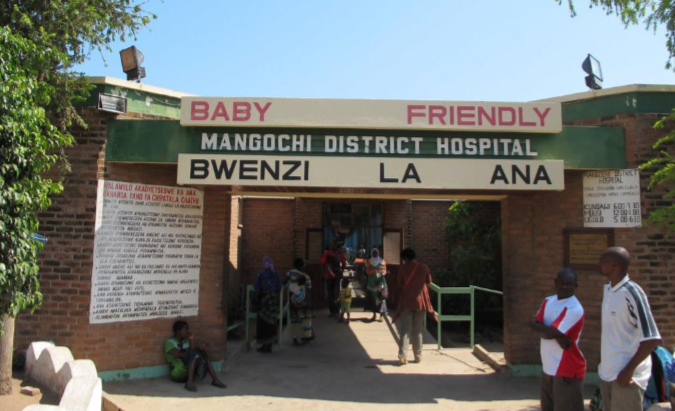Mangochi, a district with 57 health facilities has increased cervical cancer screening sites from 22 to 28 as of October 2021 a development expected to enhance early diagnosis of pre-cancers to immediately treat them before developing into a cervical cancer.
Ministry of Health says globally, Malawi has the world’s highest incidence and mortality rates of cervical cancer. It is the leading cause of cancer death among women in the country. In 2020, it accounted for 37% of all new cancer cases among females.
On 2nd March 2021, in Salima, the Senior Medical Officer for Mangochi Hospital Dr. Charles Tembo told a JONEHA organised consultative meeting that the district had 22 facilities providing cervical cancer services and that to boost the programme the district would engage partners.
At a recent JONEHA meeting held on 8 October 2021 in Salima the Mangochi District Medical Officer Chimwemwe Thambo reported that the district has increased cervical cancer services to 28 sites following support from partners like Baylor which has been providing transportation of samples to UNC laboratory and payment for treatment of precancerous lesions known as Thermo coagulation
Lorem ipsum dolor sit amet, consectetur adipiscing elit. Ut elit tellus, luctus nec ullamcorper mattis, pulvinar dapibus leo.He said other partners like PSI and FPAM have been providing mobile community screening in the district.
Thambo said Mangochi district in collaboration with the partners has not only increased number of cancer screening facilities but also trained service providers. He said for women with precancerous lesions treatment is done the same day.
In the cancer programme the district has targeted women living with HIV in response to the Malawi National Sexual and Reproductive Health Rights (SRHR) Policy 20172022 which observes that women living with HIV are four to six times more likely to con
tract human papillomavirus (HPV) a virus that causes cervical cancer.
In Peoples Country Operational Plan 21 (The Peoples COP21) Civil Society Advocacy Forum (CSAF) member organisations are asking PEPFAR and the Ministry of Health to work hand in hand to ensure that cervical cancer services are fully integrated with HIV services.
The People’s COP 21 recommends that in facilities where ART services are offered cervical cancer screening should also be provided and that where there are gaps in human resource and infrastructure PEPFAR should fill in those gaps

